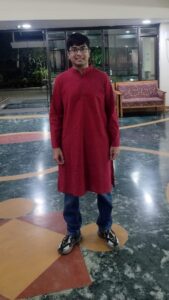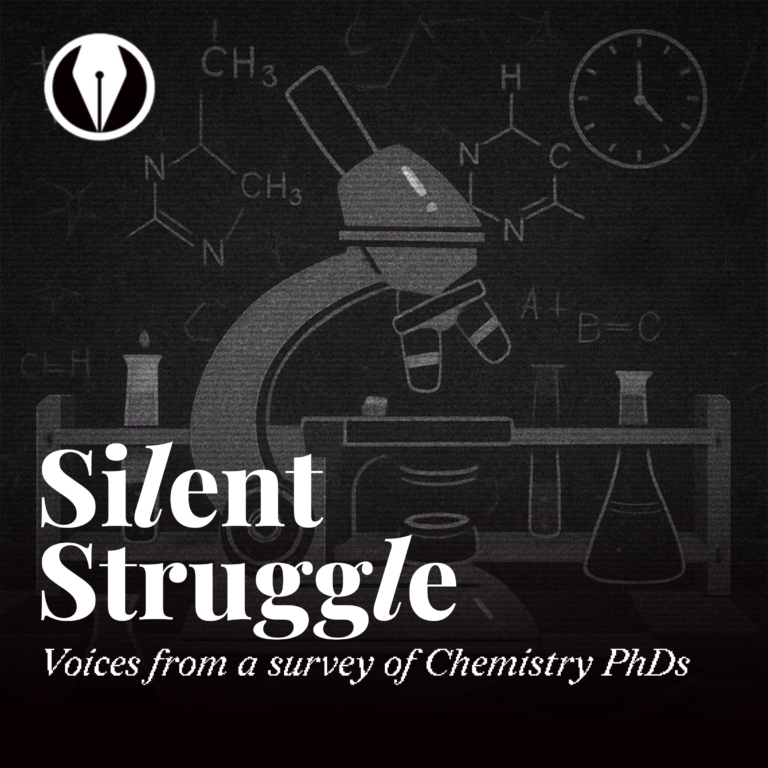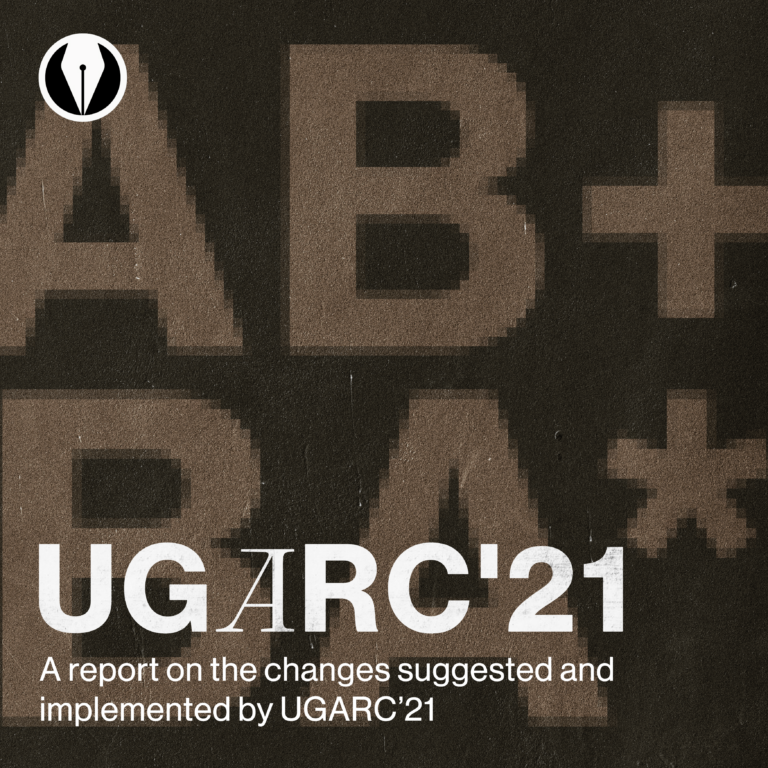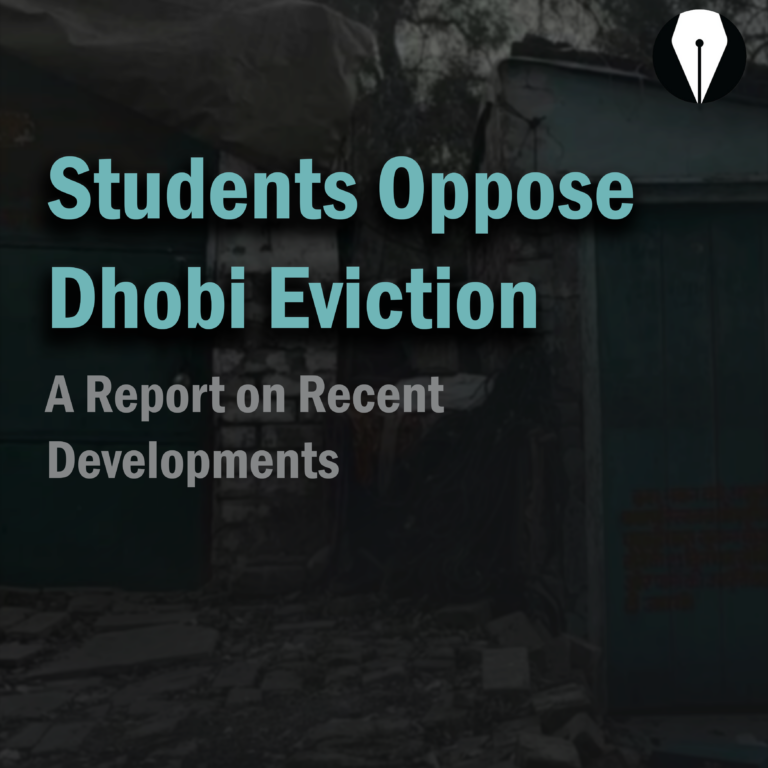“I found it to be enjoyable, both as an exercise in thinking about how to design medical equipment and actually observing what goes on inside the human body. It was fun to travel with friends, have a good time along the way and meet new people”, says Sambhav Mattoo, one of seven members from IIT Kanpur who visited King George’s Medical University (KGMU) Lucknow during the last summer for a collaborative programme between the two institutes.
The journey of this programme began in the first week of May 2018. KGMU Lucknow hosted the first phase of the immersion programme where a group consisting of two PhD students and five undergraduate students stayed at KGMU for fifteen days. The main aim of the clinical immersion programme was to familiarize them with the problems in the current medical system and figure out engineering solutions for them.
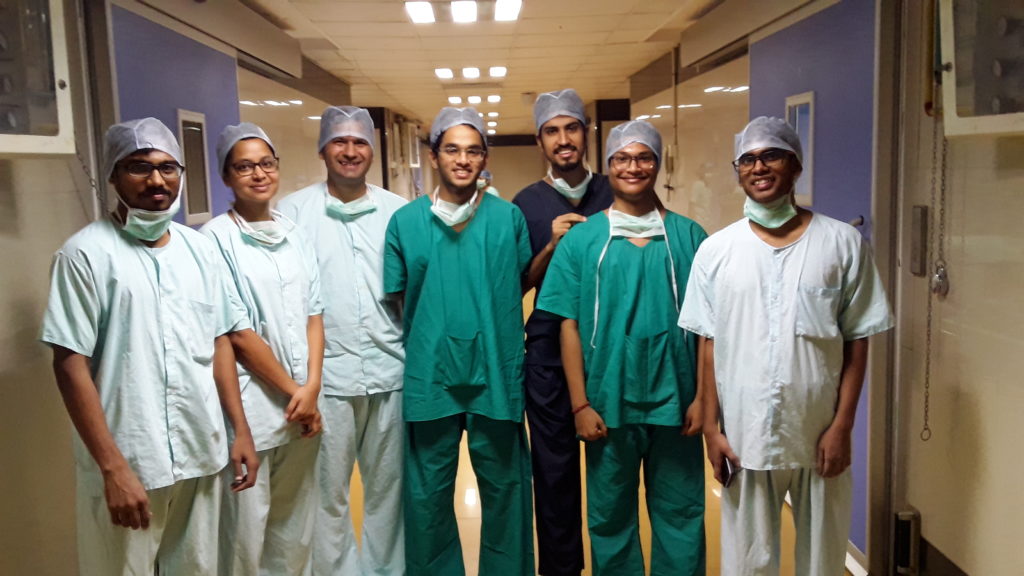
The mentor of this programme, Prof. Amitabha Bandyopadhyay, the Professor-in-Charge (PIC) of SIIC (SIDBI Incubation and Innovation Centre) at IIT Kanpur, informed us that a similar program called ‘Stanford India Biodesign Programme’ inspired him to take such steps. One of India’s famous cardiologists and science administrator, Dr. Balram Bhargava of AIIMS New Delhi had led the programme with the purpose of channelizing India’s top technical brains to bring new technological innovations to medicine. Professor Bandyopadhyay said, “modern medicine extensively relies on sophisticated tools, the needs for which are known to the doctors but the technical know-how lies with the engineers. Therefore, such immersion programmes serve to bridge the gaps between engineers and doctors as well as medical needs and technological solution.”
Background
Prof. Bandyopadhyay gave an insight into the SIIC and Bio-Incubator framework and various channels of funding that support innovation at IIT Kanpur. After being set up in 2000, the SIIC matured under Prof. B.V. Phani and reached new heights under Prof. Sameer Khandekar. In 2013, Prof. Bandyopadhyay was instrumental in setting up the Bio-Incubator, within the SIIC, to specifically promote biotechnology and pharmaceuticals-related innovations. With generous funding from Government of India through BIRAC (Biotechnology Industry Research Assistance Council), Bio-Incubator now proudly hosts a well-equipped lab that Prof. Bandyopadhyay claims, is capable of providing 70% of the facilities available in the BSBE department of IITK. In 2017, IIT Kanpur was made one of the six prime centers for granting the Biotechnology Ignition Grant (BIG), a fund by the Govt. of India that can dispense funds up to Rs. 50 lacs to support innovation in biotechnology. Additional funding of two crore rupees was granted by BIRAC to IITK for creating an incubator for supporting innovations in medical technology and devices (MedTech Incubator). This funding pipeline is named the BioNest. Prof. Bandyopadhyay leveraged this fund and funds from Prof. Satyaki Roy, then the officiating PI (Principal Investigator) of the Design Innovation Centre of IITK and the support from the BSBE department to sponsor the IITK – KGMU collaborative programme.
Experience of the participants
Anushya Goenka, a senior undergraduate student participant, reminisces about her experiences and tells us the details of the programme: “KGMU provided us with extremely comfortable lodging at their New Guest House. On the first day, we had a long chat over lunch with Dr. Rishi Sethi, who coordinated the program at KGMU. The 15-day schedule of meetings with renowned doctors, visits to different departments and operation theatres, got us excited. One Sunday morning, we had a lovely chat over tea with Dr. Bobby Ramakant, Dr. Pooja Ramakant, and Dr. Tim France on a video call. We talked about the motivation behind the program. They talked about their newly developed SDGi search engine. Over the next few days, we visited the operation theatres of Endocrinology, Neurology, Cardiology, Urology and Plastic Surgery departments. At the Endocrinology operation theatres, Dr. Pooja Ramakant let us scrub in for the operations too. We feel lucky to have the once-in-a-lifetime experience of witnessing surgeries. Yes, we have been the audience to the procedures of Angioplasty, Heart Bypass Surgery, Breast Cancer Surgery, and many more. We toured the OT (operation theatre), acquainting ourselves with the different surgical instruments, witnessed blood oozing out, the rise and fall of the instrument beep in some critical and otherwise cheerful operation environments. We had a few problems and ideas to work on in fifteen exciting days. We researched and presented draft solutions to the concerned doctors. A group of considerate students at KGMU, who called themselves ‘Soul Cushions,’ even organized a hackathon at KGMU which was judged by the doctors. The seven of us were divided into three teams and grouped with MBBS students to solve the hackathon problems.”
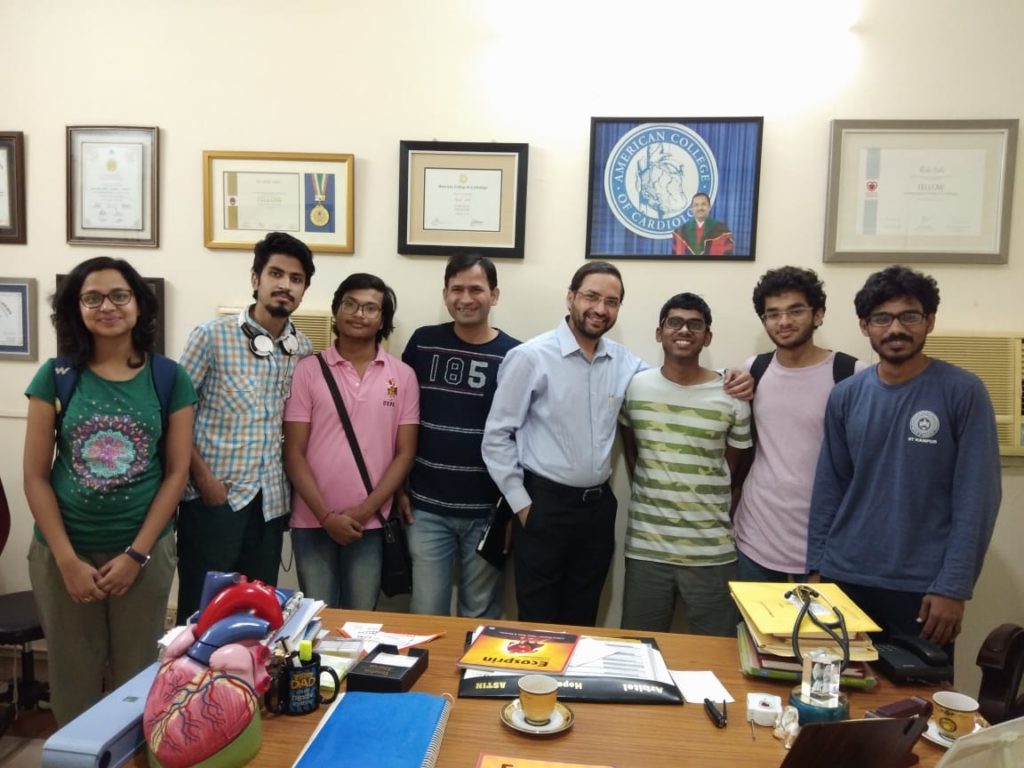
Tarun, another group member, says, “One of the biggest things I noticed was the complementarity of expertise. While the doctors and nurses have the exposure and know how to identify problems, they do not know of the possibilities offered by technology, that can be applied to create solutions. The staff we interacted with were all very welcoming and tried to accommodate our wildest ideas and did their best to answer our myriad queries. Especially Dr. Rishi who made sure things stayed focused while still having fun. Also, for Akshay (another member) and me, it was a great glimpse into the career path we almost chose as we both left the field of medicine to study in IIT.”
The environment of the OT and the hospital took Akshay Shendre back to his college years. “It gave us the glimpse into the reality that how people of the developing nations like ours are sometimes not even able to buy a medicinal item of Rs. 50 which might be easily available in other developed nations. That is the real motivation for me, I think, to use engineering to solve such problems,” he said.
The doctors offered feedback on their instruments and techniques and their team could get the professional opinion on how to apply engineering knowledge to make those instruments better. Sambhav urges IITK students to join this programme as it is a huge learning experience while also very enjoyable. “Students could end up designing solutions to problems which can save lives while learning designing, managing, and networking with people,” he added.
After the successful completion of the program, IITK sent its second batch in the first week of June 2018 to KGMU which also analyzed similar problems as the first batch did. During the rest of the summer of 2018, students from both the batches further brainstormed over the ideas acquired from their experiences at KGMU and shared them with the faculty at IIT Kanpur and developed the prototype. They also discussed their plans with doctors and debated on whether any of them has commercial values.
Future prospects
Prof. Bandyopadhyay feels that our institute is trying its best to set up an entrepreneurial ecosystem, and calls out for support from students and members of the faculty for this goal. His mission is to engage faculty and students on a daily basis; not asking them to start a business right away, but to attend seminars and meetups with doctors and healthcare professionals, which the Bio-Incubator and the BSBE department conducts. For students, he advises, “Be aware of the things around you and something might click.”
Credits: Pulkit Deshmukh, Akhilesh Tayade

